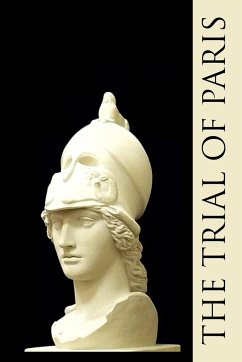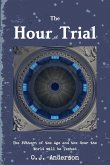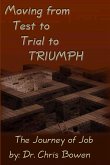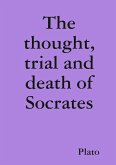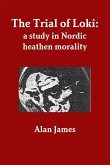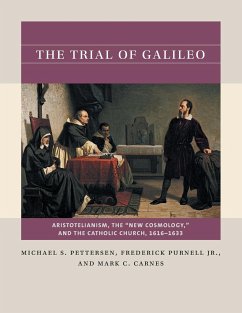Divided in two parts, The Trial of Paris examines the manner in which belief in God can be sustained without direct proof of His existence, and describes some of the choices we make in life and the effect of those choices. Together, these two parts attempt to answer the author's question: If I would be emancipated from this world, should I not at least first recognize the manner and extent to which I am enslaved? This short book relates the myth of the Judgment of Paris, the contest between Hera, Aphrodite, and Athena for possession of the Golden Apple upon which the words For the Fairest are inscribed. Ultimately, Paris awards the Apple to Aphrodite. This outcome ignites the Trojan War and costs Paris his life. In this retelling, during the contest Athena reveals to Paris his future should he accept Hera's gift, or Aphrodite's, or her own. Athena explains how it is possible to see the gift that she offers, which is seemingly least appealing, as the gift most worthy of the Apple.

